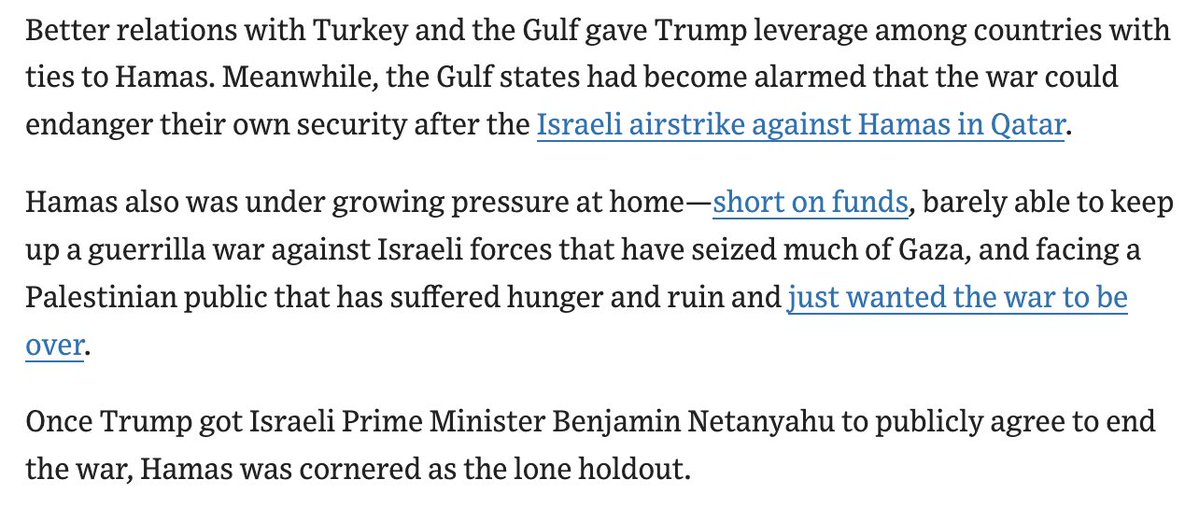EU foreign policy: ending the unanimity requirement by introducing some sort of majority voting (QMV) on foreign affairs has become the next holy grail in the debate. Quick thread.
https://twitter.com/rdanielkelemen/status/1309308791754756098
Yet we have to get rid of the idea that some sort of institutional arrangement will end the disagreement and produce magically a united, coherent EU capable and will to act like a great power on the world stage.
We have been there before. Once it was the introduction of a Brussels-based diplomatic service and a foreign minister-like figure that would end the „gridlock“. Yet we have both now, and still no broad consensus, rather the opposite.
The question of how to turn a joint market into a world power remains unresolved. And QMV want change that. Bigger countries will always find a way to do what they want once the issue matters to them. And smaller countries usually cut their deals with the big countries.
The real problem lies elsewhere. In past decades, the US has operated as some sort of umbrella for Europe: defender, guarantor and strategic leader. Now this umbrella is largely gone (with the big exception of defense), and the global environment has become far more competitive.
As a consequence, European countries have to figure out themselves where they want to go geopolitically. Their answers are a result of traditions, fears and ambitions. Yet as their answers are national, they are also different, and there is little agreement on major issues.
In order to move from a joint market towards a coherent global power, EU countries would have to align their national strategies, from threat perceptions to ambitions, and they would have to overcome growing power competition inside the EU, to some extent at least.
A more coherent joint EU foreign and security policy then depends on the ability and will of individual member states, especially France and Germany, but also Italy, Poland, Spain, and smaller countries, to build alliances inside the EU — win hearts and minds of their peers.
The form than follows the function: Bilateral, mini-lateral, E3, EU-27, sometimes NATO; whatever works. Key is the substance, the content.
In short, there is no magic institutional formula that will save EU countries from the hard work of working out strategies on the main dossiers together with their EU partners. The ability and will to build intra-EU alliances with the most relevant peers is the key to success.
• • •
Missing some Tweet in this thread? You can try to
force a refresh









